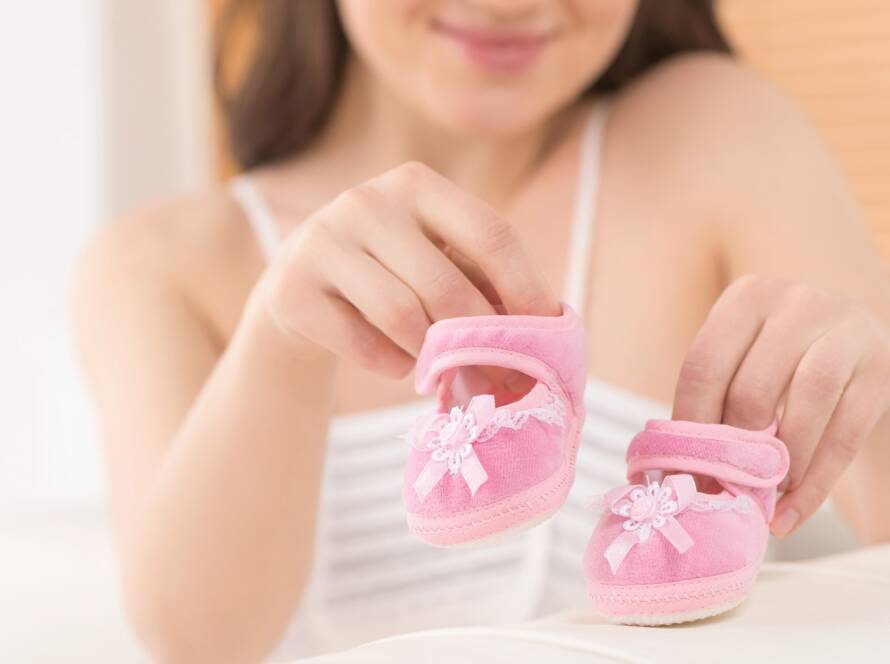On March 27, the doctors from our Rionegro headquarters Walter Osorio and Coralia Carrillo, talked through a Facebook Live about one of the diseases that affects many women of reproductive age: endometriosis.
Here are 10 key aspects that you should take into account about this disease:
– Endometriosis is a gynecological disease in which there is an implantation of endometrial cells in the pelvic area of the woman or outside her uterus.
– 15% of women of reproductive age may suffer from endometriosis.
– The most common symptoms are: pelvic pain, menstrual period and sexual intercourse; prolonged menstrual periods, heavy bleeding during menstruation, among others.
– Endometriosis can be a hereditary disease. 51% of women with a history of endometriosis may suffer from it during their lifetime.
– Endometriosis can be diagnosed through talk with a specialist doctor and with a laparoscopy. This intervention should not only be done to confirm the diagnosis, but to improve the prognosis and quality of life of the patient.
– Endometriosis can cause infertility as it can decrease the ovarian reserve, cause damage to the tubes and endometrium, negatively affect a woman’s ovulation, among other issues.
– With the right treatment, Yes, pregnancy can be achieved in a woman with endometriosis. The woman should consult immediately when confirming the diagnosis, as this will improve her prognosis and she will be able to become a mother in the future.
– In women with endometriosis who do not yet want children, the disease can be treated with contraceptives and other medications prescribed by the doctor. When the woman is already planning to have children, treatment may include laparoscopic surgery and other highly complex fertility treatment alternatives.
– You can have endometriosis at any time in life: many women can have endometriosis in their youth, after a pregnancy naturally or even at later ages in their lives.
– It is important that, upon receiving the diagnosis, a woman acts immediately and consults a specialist doctor, regardless of whether or not she wants to have a child in the short term. The best way to treat the disease is to know its symptoms, learn to live with it, and follow your doctor’s advice to have a better quality of life.
If you want to see our Facebook Live, Enter here.

